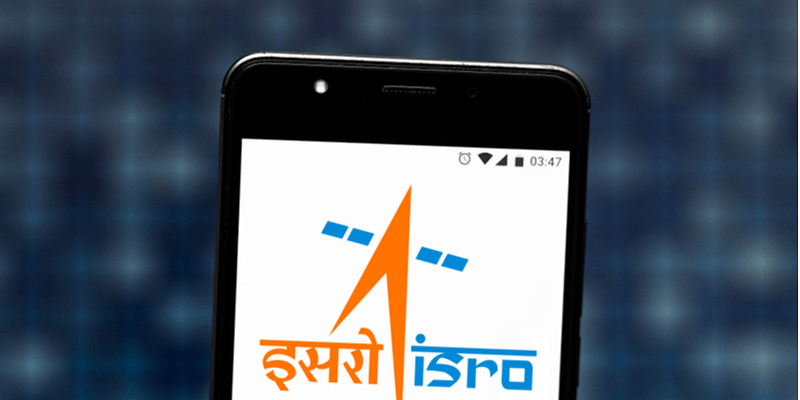In the latest development, ISRO said it successfully conducted the first hot test of the System Demonstration Model (SDM) of the Gaganyaan Service Module Propulsion System for a duration of 450 seconds at the test facility of Propulsion Complex (IPRC), Mahendragiri, Tamil Nadu, on Saturday.
The system performance met the test objectives, and there was a close match with the pre-test predictions, the Bengaluru-headquartered space agency said in a statement.
Further, a series of hot tests are planned to simulate various mission conditions and off-nominal conditions, it added.
The Service Module (SM) is part of the Gaganyaan Orbital module and is located below the crew module and remains connected to it until re-entry, the Indian Space Research Organisation explained.
The SM Propulsion System consists of a unified bipropellant system, consisting of five numbers of 440 N thrust engines and 16 numbers of 100 N Reaction Control system (RCS) thrusters with MON-3 and MMH as oxidizer and fuel, respectively.
“The SDM, consisting of five numbers of 440 N engines and eight numbers of 100 N thrusters, was realised to qualify the propulsion system performance in the ground. A new test facility is established at IPRC, Mahendragiri, for testing the SDM,” the statement added.
The Gaganyaan programme is aimed at opening up opportunities for research and development in science and technology. Over the years, ISRO has achieved many milestones. Started in 1969, the space agency has put India on the world map among the top space agencies.
After conducting successful missions, such as Mars Orbiter Mission, Chandrayaan 1, and Chandrayaan 2, among others, ISRO is pushing the boundaries in space science with every mission. With an aim to make India reach new heights in the global space economy, ISRO is now gearing up for India’s maiden human spaceflight, Gaganyaan.










